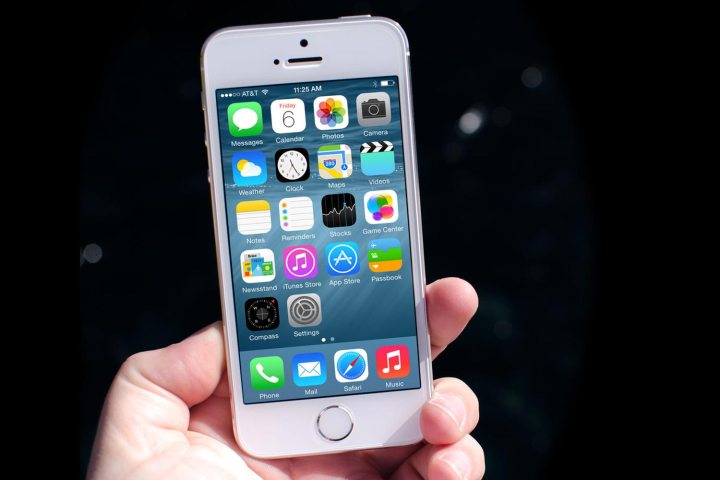
Court papers were released Friday from a February 1 filing in Boston, during which a judge ordered Apple to unlock a phone seized from an alleged gang member. This order took place before February 16, when Apple was asked to assist the FBI’s San Bernadino investigation. Apple refused to comply in both cases. The Justice Department took no further action on the Boston case, although according to a spokesperson, the DoJ could still act on the matter.
In New York on Friday, the Justice Department told a U.S. District Court it wants to access the phone contents of a confessed methamphetamine trafficker for guidance in sentencing. The DoJ stated that “the government continues to require Apple’s assistance in accessing the data that it is authorized to search by warrant.” Apple responded that in this case, it felt the government was jeopardizing encryption laws in an “attempt to set a troubling legal precedent and not really a pursuit of vital information for fighting crime.”
The continued court orders and Apple refusals are going on against a backdrop of proposed federal legislation. The Burr-Feinstein bill, named for its authors Senators Richard Burr and Dianne Feinstein, is still in draft mode, but a version was leaked Thursday night. The early version was called the “most ludicrous, dangerous, technically illiterate tech policy proposal of the 21st century,” by Kevin Bankston, director of the Open Technology Institute on Friday, according to Reuters. No one had to tell him not to hold back, it appears.
The balance of public safety and criminal and security investigations on one side and secure data and personal privacy on the other, continue to receive tremendous attention, and it doesn’t seem that the matter will be resolved anytime soon. As reported earlier this week, President Obama and his White House staff, while having strong mixed feelings, are not inclined even to comment, let alone affirm Burr-Feinstein because of the vagueness of the current bill and the prospect of politicizing a matter that effects national defense and security.
Editors' Recommendations
- This one Apple Fitness feature completely changed how I exercise
- Nomad’s new iPhone case and Apple Watch band may be its coolest yet
- 5 phones you should buy instead of the iPhone 15
- Why you should buy the iPhone 15 Pro instead of the iPhone 15 Pro Max
- iPhone SE 4: news, rumored price, release date, and more




